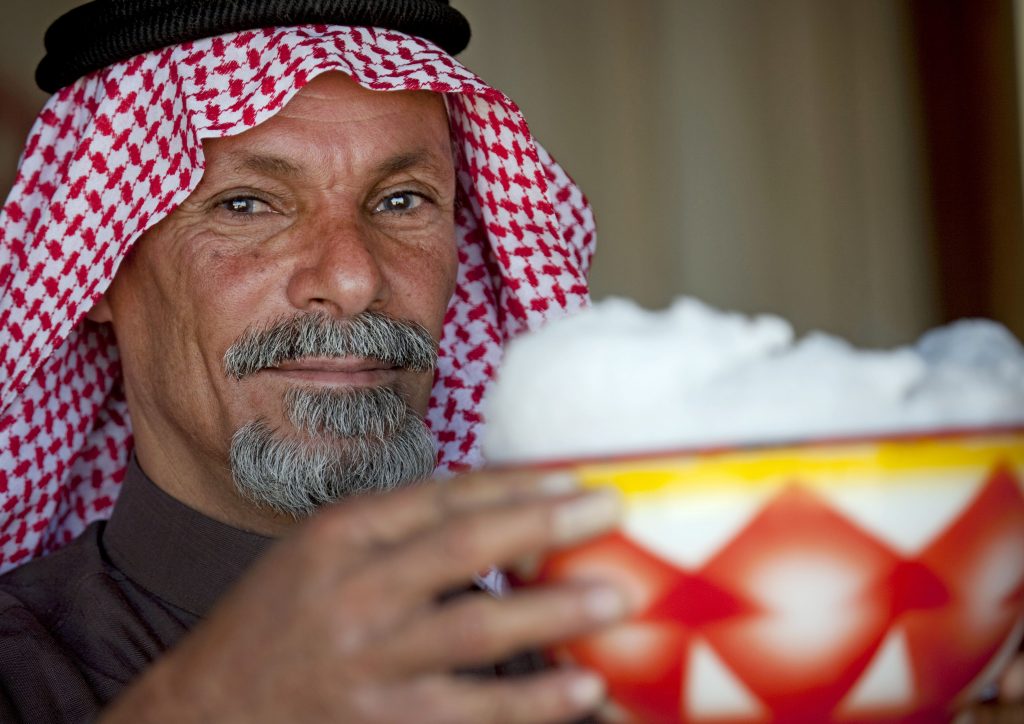São Paulo – The Brazilian dairy industry studies how to adapt to the new Saudi Arabian requirements. “The Saudi model has been revised. From mid-2019 onwards, new requirements were implemented. We’ll try to maintain this market open,” Brazilian Dairy Association (Viva Lácteos) technical advisor Gustavo Beduschi explained. Last April, Saudi Food and Drug Authority made public some documents that give a sphere to discussions about cream cheese and other dairy products.
Through 2017, Brazil shipped 4,300 tonnes to Saudi Arabia, fetching USD 9.6 million in revenue. In subsequent years, though, the advisor explains, Brazilian shipments have declined. Now, the association tries to outline the situation and determine the next steps to keep exporting to the Saudis. “We’re doing all the work, as this has a cost for the industry. We’re studying it. They (the Saudis) have done that (new regulations) with the meat industry, too,” he said.
For the dairy industry, though, Beduschi explains, the new requirements are different, and the Arabs don’t usually visit foreign plants. The new Saudi rules for dairies include residue analysis other than those set out in Brazilian legislation. “Each country has its requirements for importing products, and we want to meet them. Therefore, we’re studying how to meet them together with MAPA (Brazil’s Ministry of Agriculture, Livestock and Supply), so it’s not just a private sector’s initiative. They’are an interesting market, a hub within the Arab market, and we obviously look at this market,” he stressed.
Beduschi explains that the companies weren’t given a time slot to meet the rules. “But we are still working to solve it as soon as possible. Saudi Arabia is pivotal. If [the product] is there, the Arab Peninsula’s largest country, it’s well-placed. It’s important to do so. From there, you have distribution but also exports to the UAE, Bahrain, Qatar, Oman and other countries,” the technical advisor pointed out.
For the United Arab Emirates, another distribution platform in the Middle East, dairy shipments reached 1,300 tonnes in 2017. “Our collected data show these internal movements in the Arab world too. This time, it’s a requirement from Saudi Arabia based on the GCC (Gulf Cooperation Council). We believe that other countries can set these requirements eventually, too,” Beduschi said.
Translated by Guilherme Miranda




